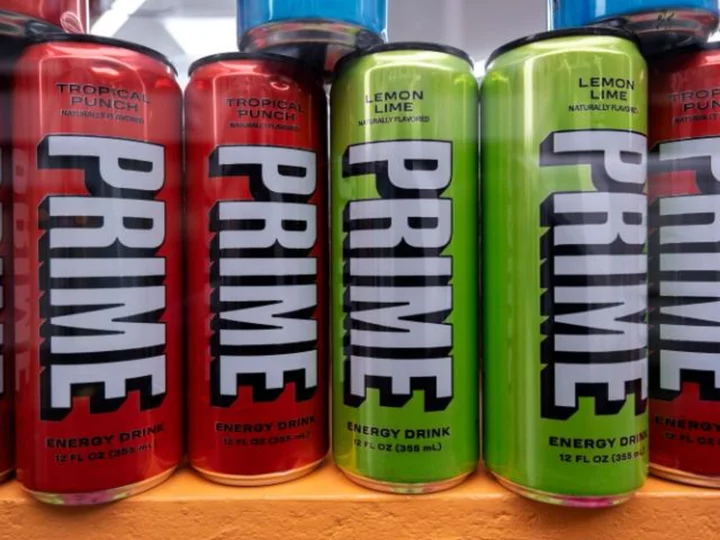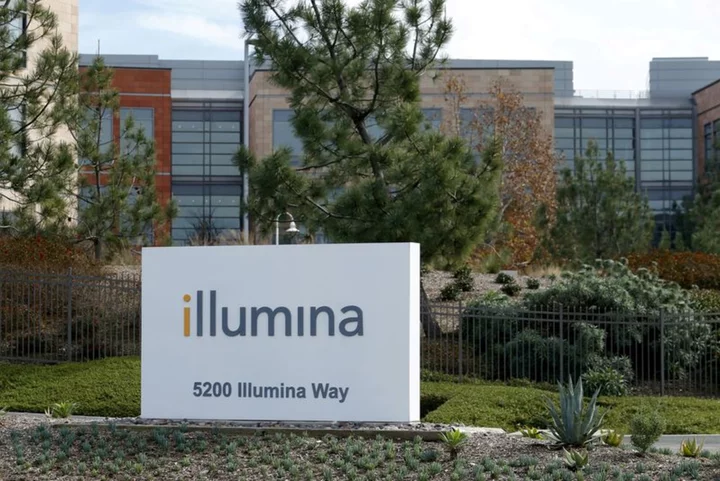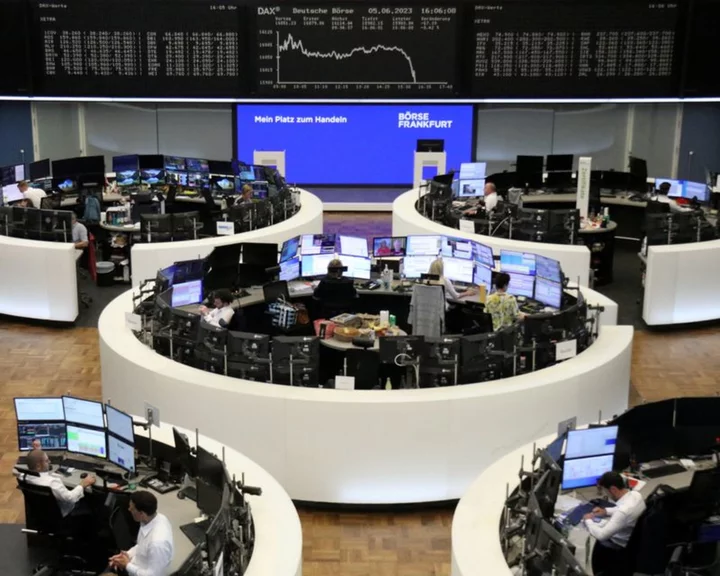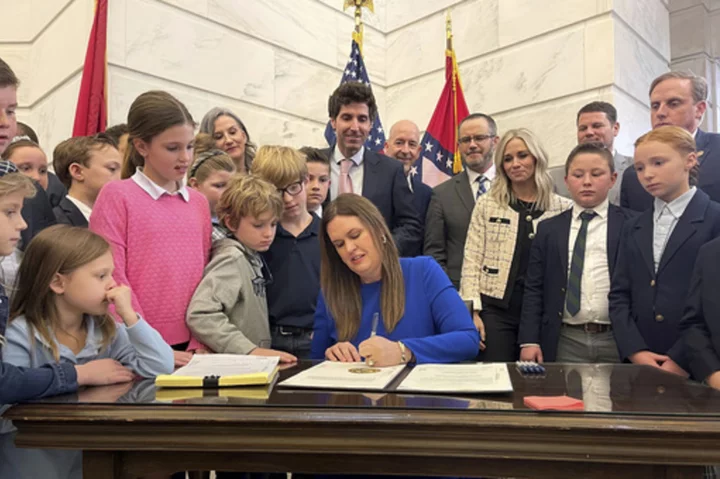Senate Majority Leader Chuck Schumer has called on the US Food and Drug Administration to investigate the high caffeine content of Prime Energy drinks, which he claims are being targeted to children as "one of the summer's hottest beverages for kids."
Schumer said cans of Prime Energy drinks contain more than double the caffeine of a can of Red Bull and six times more caffeine than a can of Coca-Cola. He warned parents the drink is gaining popularity on social media. The company does not recommend the drinks for anyone under the age of 18, according to information on its website. Schumer claimed marketing for the beverage is tempting for minors.
Speaking at a news conference in New York on Sunday, Schumer said, "This stuff called Prime ... at just 12 ounces Prime has an eye-popping level of caffeine and that's giving parents and doctors the jitters for the kids that are targets. Here's the other problem, most parents haven't even heard of this stuff that their kids are begging for."
"Prime is born from the reels of social media and the enigmatic world of influencers," Schumer said. "Kids see it on their phones as they scroll and then they actually have a need for it."
Speaking at the same news conference, Dr. Edith R. Bracho-Sanchez said high amounts of caffeine can cause children to have headaches, jitters, anxiety, nervousness, and sleeping problems.
"What this drink is giving you is a caffeine rush, it is a high, followed by a crash," Dr. Bracho-Sanchez said.
CNN has reached out to Prime for response. On the company's website, a fact page states, "Prime Energy contains 200mg of caffeine, per 12 oz. can. Prime Energy is not recommended for children under the age of 18, women who are pregnant or nursing or individuals who are sensitive to caffeine."
The American Academy of Pediatrics recommends no caffeinated coffee, tea, soda, sports drinks or other products for children under the age of 12, while adolescents between the ages of age 12 and 18 should limit their intake to less than 100 milligrams per day.
The FDA says 400 milligrams of caffeine a day for healthy adults is "not generally associated with dangerous, negative effects."
CNN has reached out to the FDA for comment.









